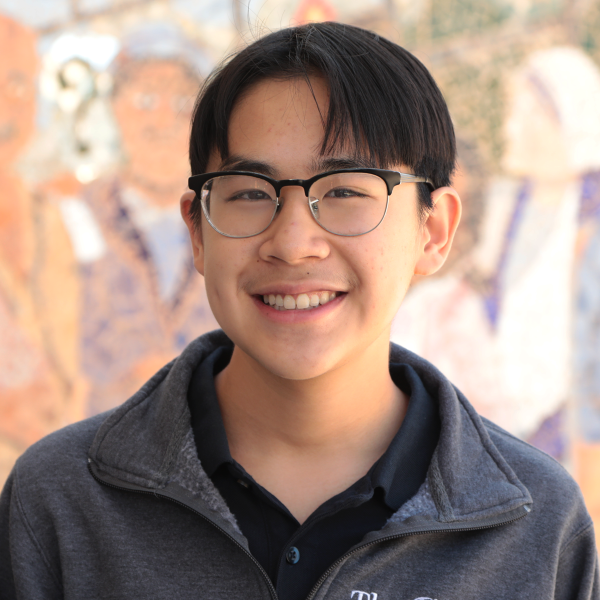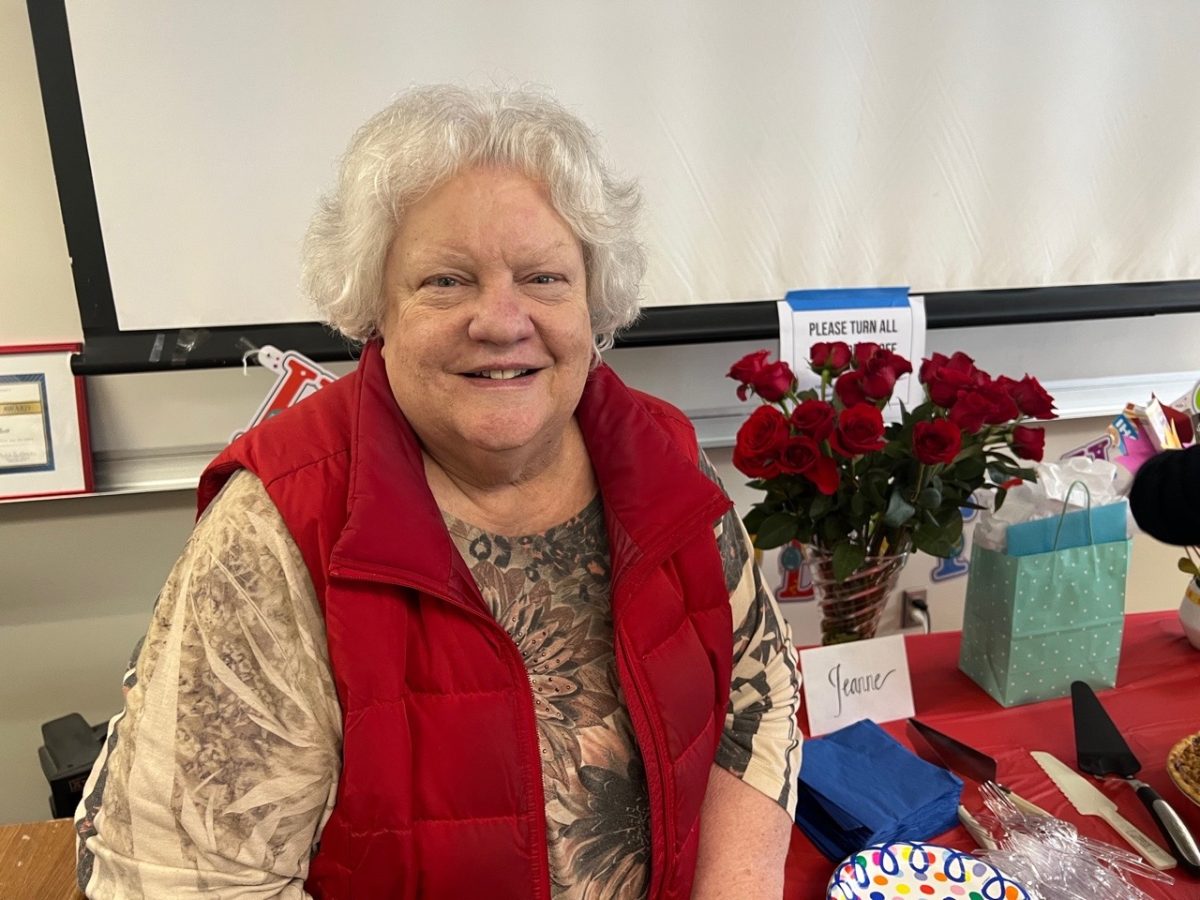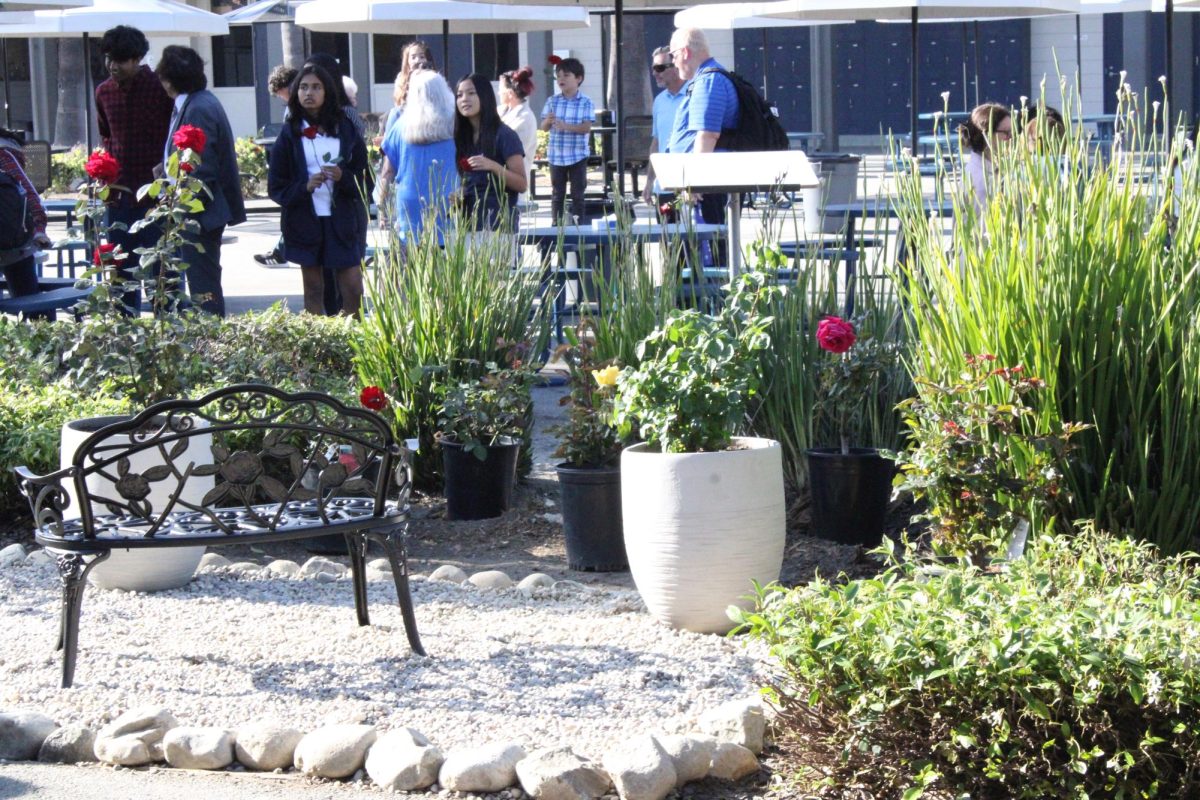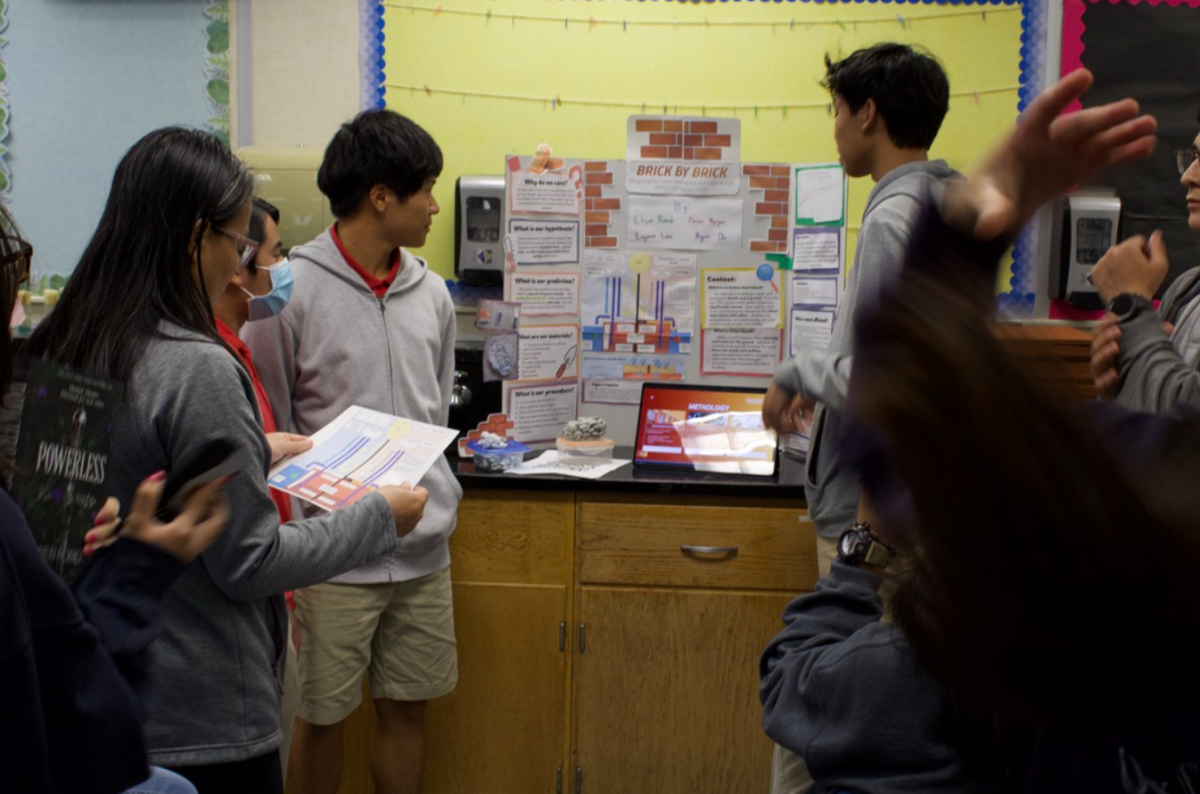The Anaheim Union High School District’s (AUHSD) Local Control Accountability Plan (LCAP) final meeting will be on May 9 at the district office, where students, staff, and parents are invited to discuss and determine which action items will be pitched to the district’s Board of Trustees to assign funding towards.
The LCAP divides eight statewide concerns into four focus groups that meet throughout the year. It aligns these priorities with district values and goals primarily through community members’ input, who are encouraged to participate.
“[The LCAP] is about getting different stakeholders’ feedback and input. The [student participation] is my favorite part [of it],” Walker Junior High School Principal Dr. Jennifer Sasai said. “The heart of it is our students; I see more and more come [to meetings], and that makes me happy.”
At meetings, students, parents, and staff members analyze and discuss data and information. During the most recent meeting, on April 9, attendees drafted recommendations and voted for the focus group’s top three. Recommendations will be narrowed down by attendees at the final May 9 meeting, to pitch to the district Board of Trustees.
While sending out an LCAP Survey is the only requirement for collecting student input, AUHSD additionally hosts five LCAP sessions a year to foster engagement and contribution.
“Our district goes above and beyond [to] bring people together [in] engag[ing] in group dynamics as one community,” AUHSD Assistant Superintendent Dr. Jaron Fried said. “Our district [believes] in authentic engagement. Through the LCAP, priorities and recommendations are established, and the Cabinet and Board take that feedback to leverage available funding to support those identified priorities and action steps the community provided.”
Local Control Funding Formula (LCFF) is aligned to district and state values by the LCAP. LCFF establishes three categories school districts receive funding from: per-student base, supplemental, and concentration. Due to significant enrollment of high-needs students (English learners, low-income, and foster youth), AUHSD receives concentration funding.
The Board of Trustees then leverages available funding to the recommendations presented. Though the current state of funds limits action, the LCAP process remains vital for the community, particularly students, to voice their opinions on matters like reducing class sizes: a key priority in all focus groups last year, and in Focus Group four this year.
“The [LCAP] allows for checks and balances of what leadership is doing. [Last year,] our reducing class sizes action items were not granted,” Anaheim High School English teacher Mr. Matt Rippon said.
The LCAP has also leveraged student ambassador relationships to increase consistent attendance, which it found key to having strategic and inclusive conversations.
“We try to be very intentional with recruiting [and] engaging more kids. We feel comfortable with what we’ve done,” Dr. Adela Cruz, who chaired Focus Group four, said.
This year marked the beginning of a three-year LCAP cycle, building its foundation. It will conclude at its May 9 meeting at the district office, and the Board of Trustees will vote on recommendations at the June 6 board meeting. This process will continue in the next school year, and all students and community members are encouraged to attend and participate.
“[The LCAP] is civic engagement; it’s our collective voice to help make the school and district better. When we go to LCAP, we ultimately take steps to help make the school environment a meaningful place to help our students become happy and successful people,” Fried said.































































